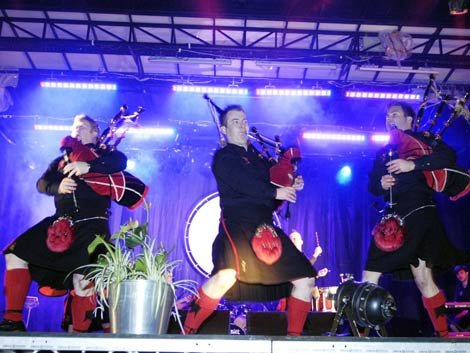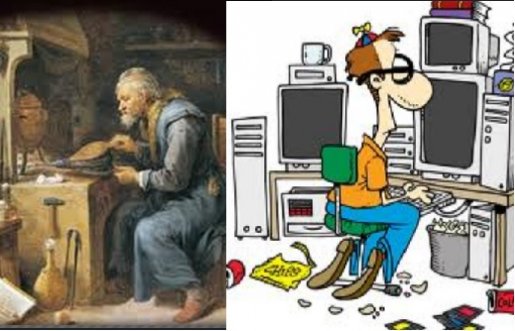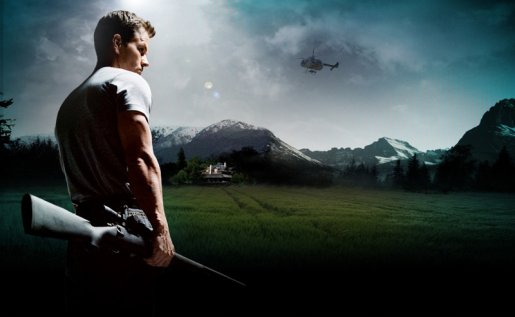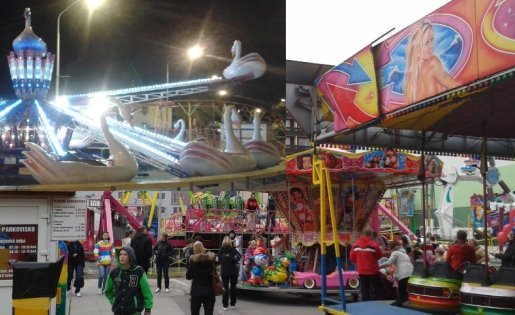Jarmok is a kind of festival mixed with amusement park attractions. Unlike Oktoberfest or other famous festivals, jarmok does not focus exclusively on beer promotion. In fact, nowadays jarmok does not have any special purpose, but there are strong traditions rooted in the past.
The people would gather from time to time to exchange, and later unfortunately trade, their goods and enjoy themselves whilst doing it. Such market meetings took part in the early Autumn, after the end of the harvest season when the farmers looked to sell their crops and buy what they would need for the winter. The farmers and craftsmen were gradually replaced by supermarket suppliers and businessmen, but the idea of jarmok, or city market, remained.
Jarmoks take place over the whole year in different cities and towns, often connected by some kind of holiday- for example the city's anniversary or a Christian holiday. The jarmok in Levice (where I went) used to take place on St Martins day (11 November), but was brought forward to the middle of October for the better weather. My grandparents remember the traditional jarmoks, when the people used to sell real animals. Now, the poor horses serve as an attraction for the kids who consider them unicorns with broken horns.













